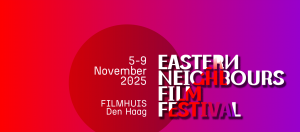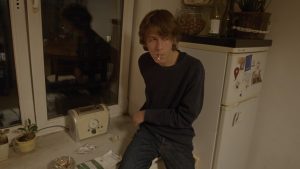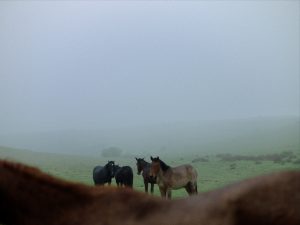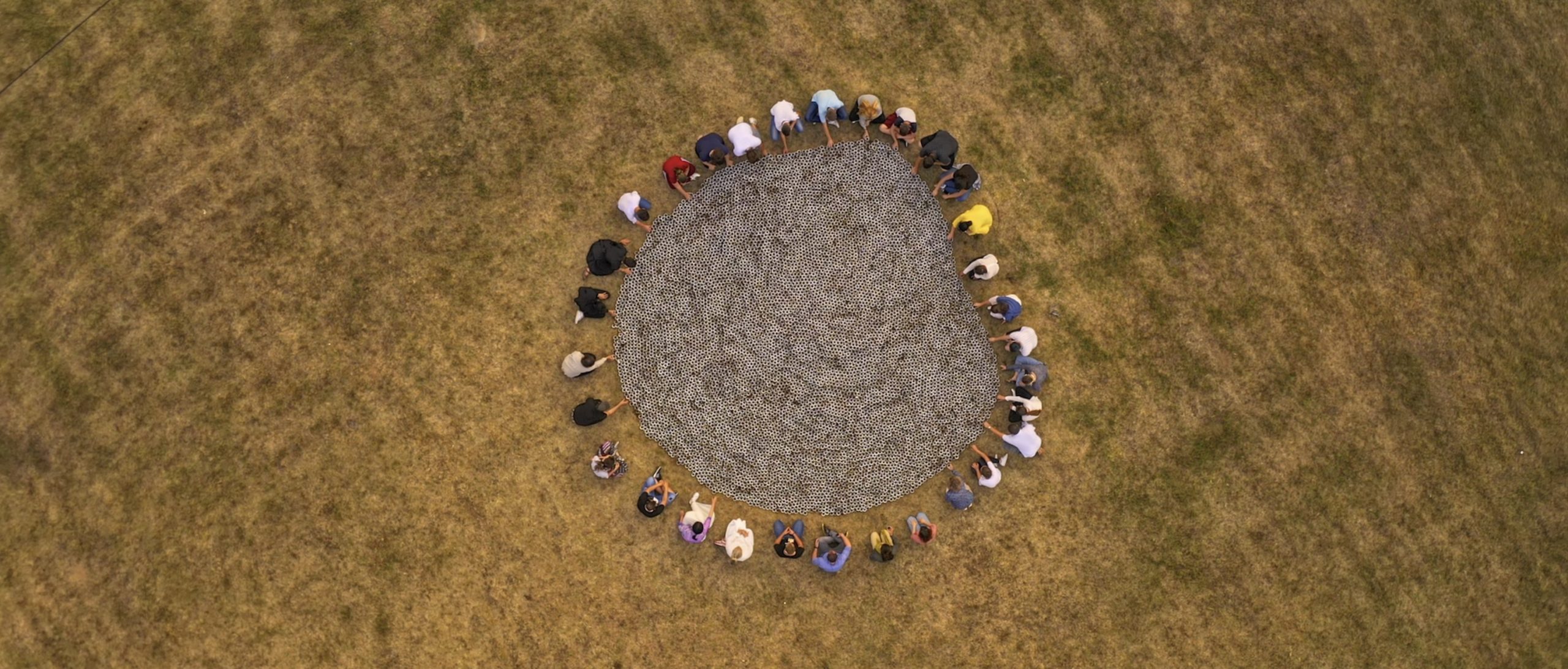
Where Have You Been
This year marks thirty years since the Srebrenica massacre, one of the darkest chapters in European history. In July 1995, more than 8,000 Bosnian Muslim men and boys were systematically killed in what the International Criminal Tribunal for the former Yugoslavia recognised as genocide.
We are honoured to present the screening of “Where Have You Been”, which follows artist Aida Šehović and her powerful memorial project of the same name. Through her work, Šehović creates spaces for remembrance and reflection, transforming collective trauma into acts of commemoration that ensure the victims are not forgotten.
As we reflect on this anniversary, we recognise the importance of bearing witness to history and the vital role that art plays in preserving memory, fostering understanding, and honouring those we have lost.
SYNOPSIS
The story of a nomadic monument to the Srebrenica Genocide through the voices of those who built it.
Thirty years after the genocide – the first in Europe since World War II – survivors in Bosnia and Herzegovina still search for their loved ones. “Where Have You Been” traces the homecoming of Bosnian-American artist Aida Šehović and her participatory, nomadic monument to the Srebrenica Genocide. With the monument coming to its final resting place after travelling the world for 15 years, those who remain gather at the site of the atrocities to fill thousands of small ceramic coffee cups in memory of the victims. As they collectively mourn, painful questions endure: What does “never again” mean in a world where perpetrators live with impunity? How do art and empathy help fill the void left by immeasurable loss and trauma?
DUTCH PREMIERE
Q&A with artist Aida Šehović and architect Arna Mačkić
Friday 7 November at 19:00h
Original title: Što te nema | Year: 2024 | Duration: 89′
Country: Bosnia and Herzegovina, Italy, Serbia, USA | Language: Bosnian, English | Subtitles: English
Director: Mirko Pincelli | Production: Aida Šehović – Što te nema Inc; Pinch Media Film Ltd, The Post-Conflict Research Center | Cast: Ahmet Begović, Mirza Mešić, Hajra Ćatić, Aida Šehović, Nura Begović | Cinematography: Daniel Salter, Mirko Pincelli | Editing: Mirko Pincelli | Sound: Andrea Maffi
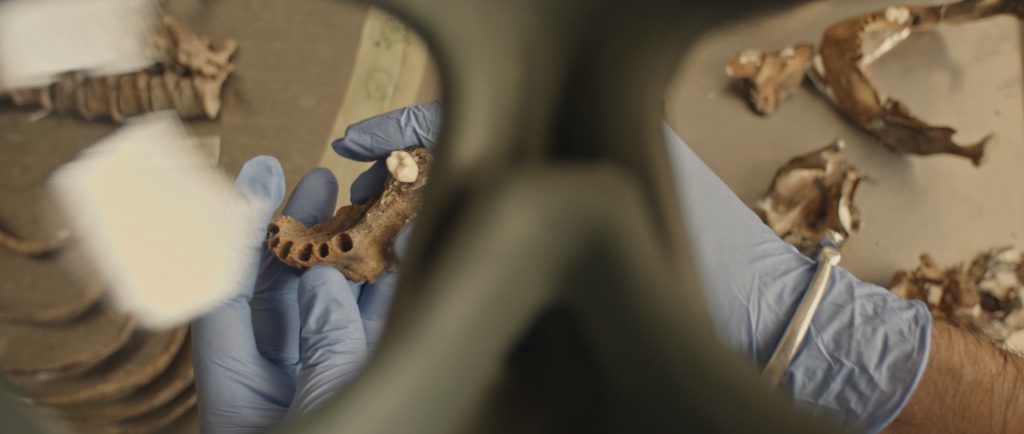
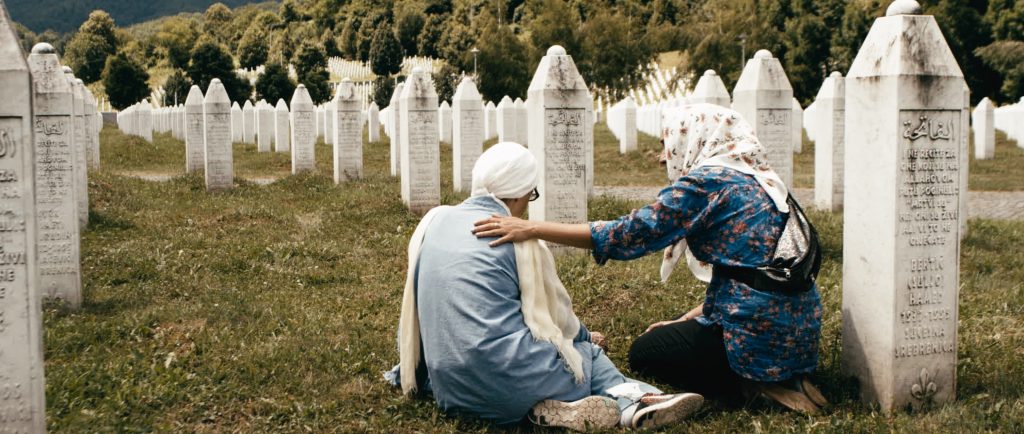
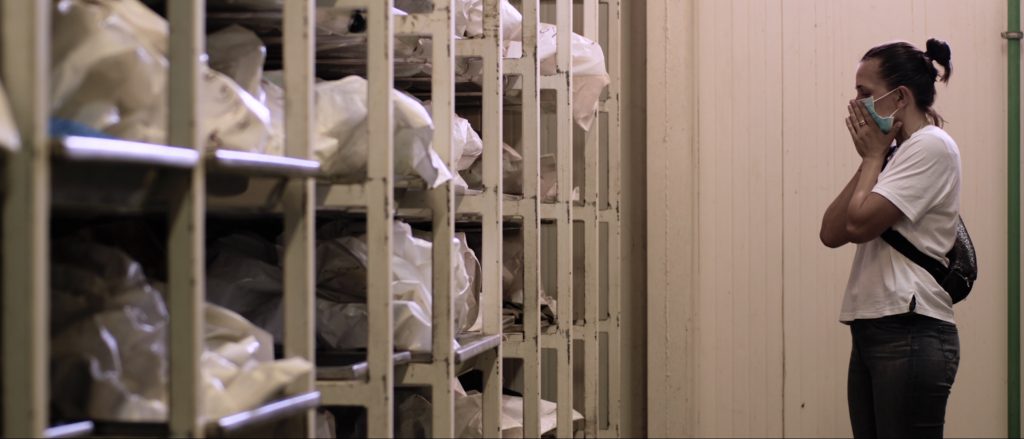
FESTIVALS & AWARDS (SELECTION)
Sarajevo Film Festival, 2024 – World Premiere | IDFA Docs for Sale | FIPADOC International Documentary Festival, 2025
DIRECTOR’S BIO
Mirko Pincelli is an award-winning director of fiction and documentary films with a strong background in photojournalism in post-conflict regions. A graduate of the University of East London with a BA (Honours) in Photography, he co-founded Pinch Media in 2010. Mirko has directed and shot documentaries for organisations including the International Committee of the Red Cross, the Holocaust Memorial Day Trust, and the UN, covering regions across Europe, the Middle East, the USA, and South East Asia.
DIRECTOR’S STATEMENT
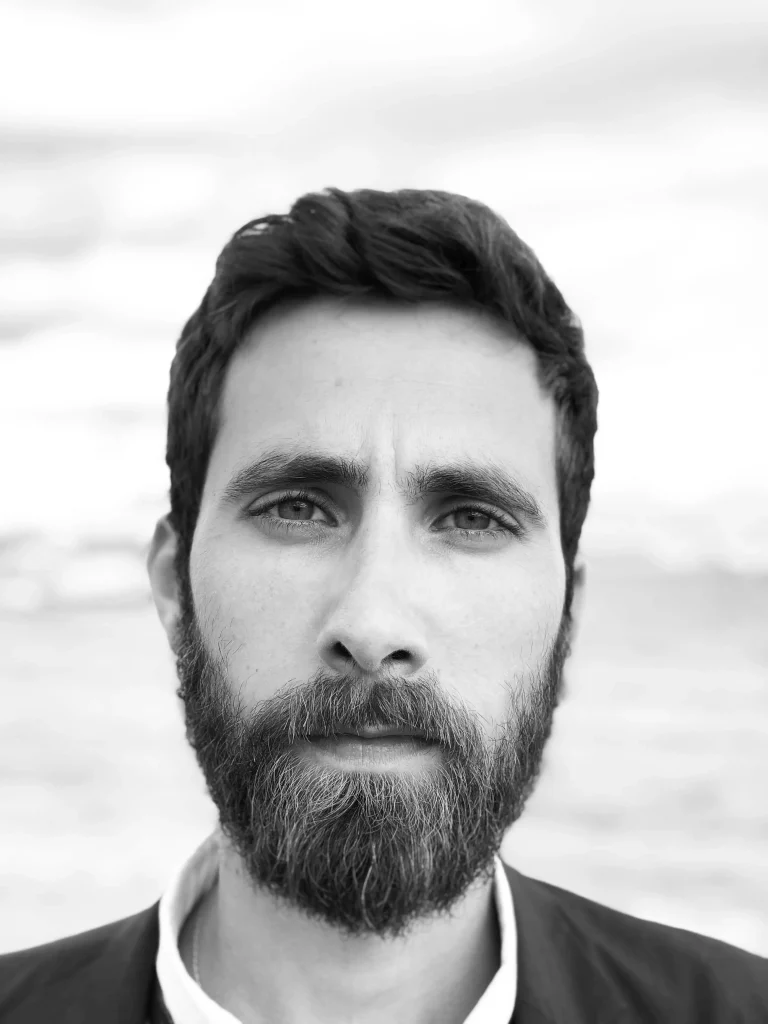
In this film, I chose a point of view that, I believe, allows me to convey what Srebrenica signifies for our world through the personal journeys of our protagonists. Each character has experienced the Bosnian genocide differently, yet they converge and continue to evolve. Documenting their trajectories alongside a participatory art project offers an alternative narrative of how genocide affects post-war societies, including diaspora communities worldwide. The powerful images created by the monument and the interwoven relationships among the protagonists capture the symbolic act of collaboration and collective action to remember and prevent future atrocities.
EXHIBITION
Date: 12 July – 16 November
Opening Times: Tuesday to Sunday 11:00 – 17:00
Location: KM21 (Kunstmuseum Den Haag)
In addition to the screening at Filmhuis Den Haag, we invite you to the exhibition at KM21. In the expo “Cups of Memory”, artist Aida Šehović and architect Arna Mačkić (Studio L A), both survivors of the Bosnian War (1992–1995), redefine memory. In this project, art, shared memory, and shared rituals not only help us look back at the past but also confront its long-lasting consequences, which continue to affect our reality today.
Aida Šehović launched the project on 11 July 2006 with a public performance in Sarajevo. For this, a local women’s organisation collected the first 923 fildžani, traditional coffee cups. The porcelain cups were placed on the street, and then passers-by were invited to fill them with Bosnian coffee, only to leave them untouched. This silent but powerful act of remembrance is repeated every year in squares of cities worldwide: from Geneva to New York and from Istanbul to Toronto. Meanwhile, there is a fildžan for each of the (at least) 8,372 victims. The first 923 are now on display for the first time in the Netherlands.


